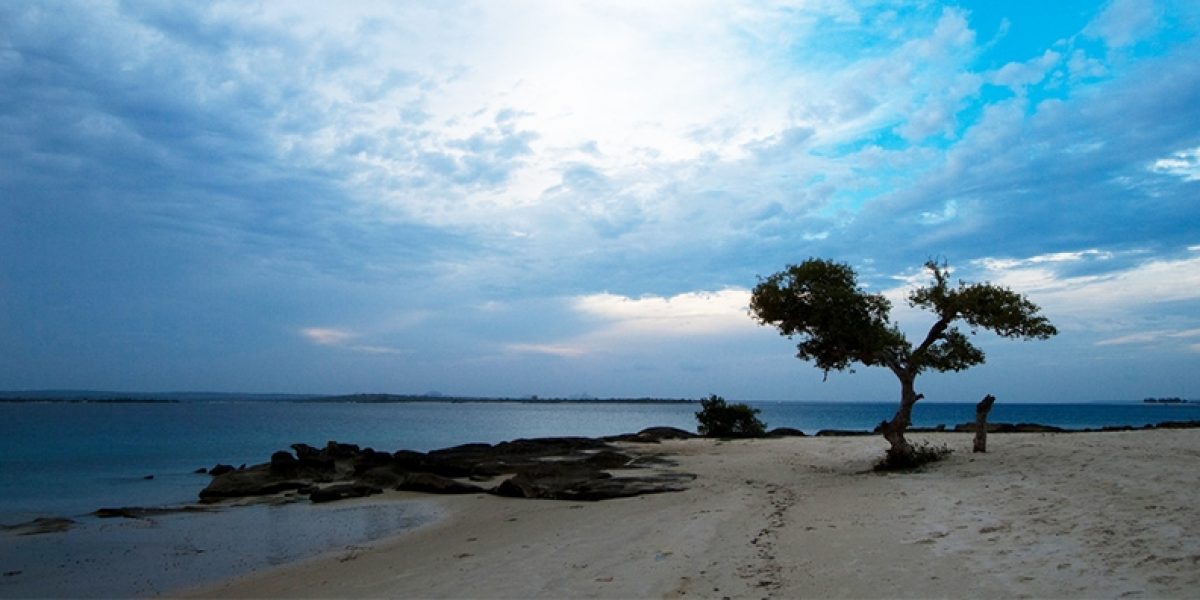The region rapidly needs to implement proactive adaptation policies to pre-empt the worst of these impacts. This requires a clear focus on the unique yet vulnerable attributes of dryland forests as integral to wide-ranging ecosystems providing a variety of socio-economic benefits and services. These dryland forests are, however, already severely degraded from competing land uses and from over-use. To maintain and enhance their contribution to climate change adaptation requires implementing policies that incorporate full-cost accounting of natural capital; investment in restoration of degraded systems; enhancing connectivity for biodiversity responses as climate envelopes move; real-time research and monitoring; and incentivising and enabling community-based management to build local adaptive capacity and resilience to climate change. Specific guidance on the need to deliver livelihood benefits beyond climate change adaptation is crucial.








